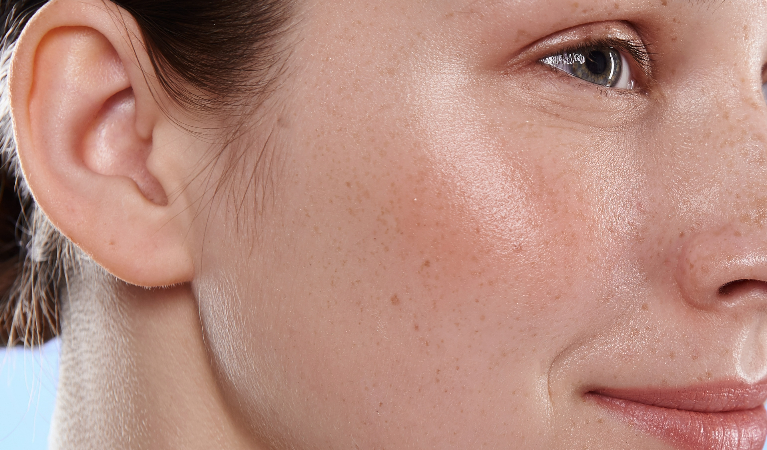Is Gluten Bad for My Skin?

Gluten has been vilified in recent years and it has left many of us wondering if gluten is also bad for our skin. Having looked into it we feel that gluten has the potential to be bad for your skin. This is if you eat too much of it and instead do not eat other healthy foods such as protein, plus fruits and vegetables. But if you eat gluten as part of a balance diet, and do not have too much of it then it should be fine for skin.
Harvard Health actually state that cutting gluten from your diet will only help if you actually have celiac disease or a hypersensitivity to gluten. Having said this though lots of people do find that eating too much gluten can have negative effects on skin. However, unless there is a specific intolerance it should be fine to eat gluten, as long as it is in small quantities and part of a balanced diet. We can all have better skin if we take the time to eat right including a balanced diet with all the key nutrient groups in.
The Effects of too Much Gluten on Your Skin
Gluten has become a hotly debated topic in recent years, with many people choosing to eliminate it from their diets. While some may do so for medical reasons, others follow this trend as a way to improve their overall health and well-being. However, one aspect that is often overlooked is the impact gluten can have on our skin. In this post, we will explore how eating too much gluten can affect our skin and why reducing it in our diets may be beneficial.
Understanding Gluten
Gluten is a type of protein found in wheat, barley, rye, and other related grains. It gives elasticity to dough and helps it rise, giving bread its characteristic texture. However, this protein can also be found in many processed foods, sauces, and condiments, making it challenging to avoid completely.
The Connection between Gluten and Skin Issues
There is some research that has shown that eating too much gluten can produce an inflammatory response, leading to various skin issues, including the below:
Eczema: Also known as atopic dermatitis, eczema is a chronic inflammatory condition that causes dry, itchy patches of skin. While the exact cause of eczema is unknown, studies have shown a link between gluten and worsening symptoms in some individuals.
Psoriasis: Psoriasis is an autoimmune disease that causes skin cells to build up and form red, scaly patches. Although there is no direct link between gluten and psoriasis, some studies suggest that a gluten-free diet may help improve symptoms in certain individuals.
Acne: While also not directly linked to gluten, some research has shown that a high-glycemic diet (which often includes gluten-rich foods) can lead to an increase in acne breakouts.
So, if you consumer lots of gluten then have a think if it might be affecting your skin. Everyone is so different that there is no definite answer to this. However, eating a healthy balanced diet is always a good option.


Leave a comment